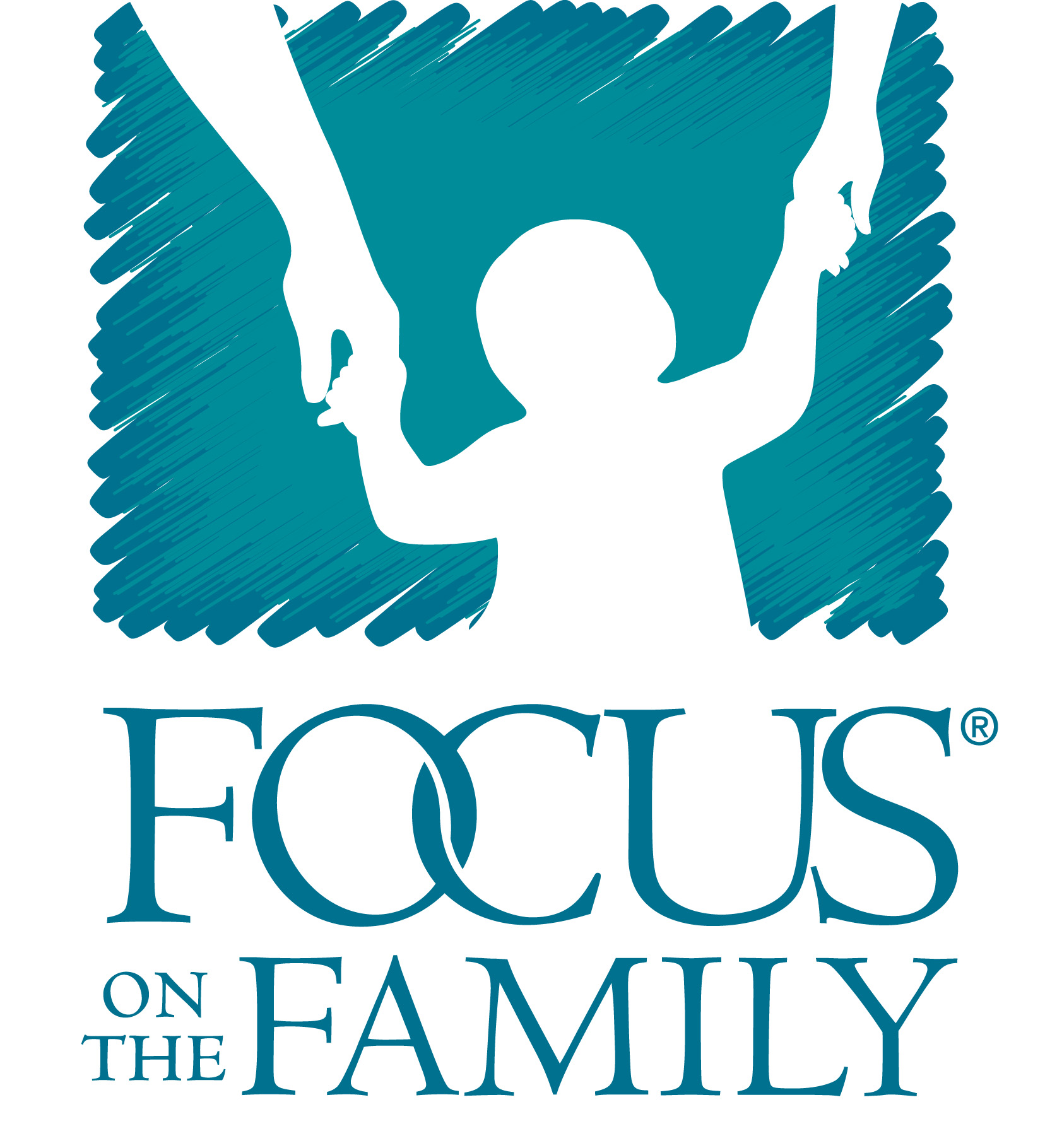In his book Human Universals, anthropologist Donald Brown lists more than four hundred behaviors that he considers common across humanity. He includes such things as toys, jokes, dances, and proverbs, wariness of snakes, and tying things with string! Likewise, he believes all cultures have concepts of right and wrong, where generosity is praised, promises valued, and things like meanness and murder understood to be wrong. We all have a sense of conscience, wherever we’re from.
The apostle Paul made a similar point many centuries ago. While God gave the Jewish people the Ten Commandments to clarify right from wrong, Paul noted that since gentiles could do right by obeying their conscience, God’s laws were evidently written on their hearts (Romans 2:14–15). But that didn’t mean people always did what was right. The gentiles rebelled against their conscience (1:32), the Jews broke the Law (2:17–24), leaving both guilty. But through faith in Jesus, God removes the death penalty from all our rule-breaking (3:23–26; 6:23).
Since God created all humans with a sense of right and wrong, each of us will likely feel some guilt over a bad thing we’ve done or a good thing we failed to do. When we confess those sins, God wipes away the guilt like a whiteboard wiped clean. All we have to do is ask Him—whoever we are, wherever we’re from.
Source: Our Daily Breat
 Focus on the Family
Focus on the Family  Baptist Bible Hour
Baptist Bible Hour